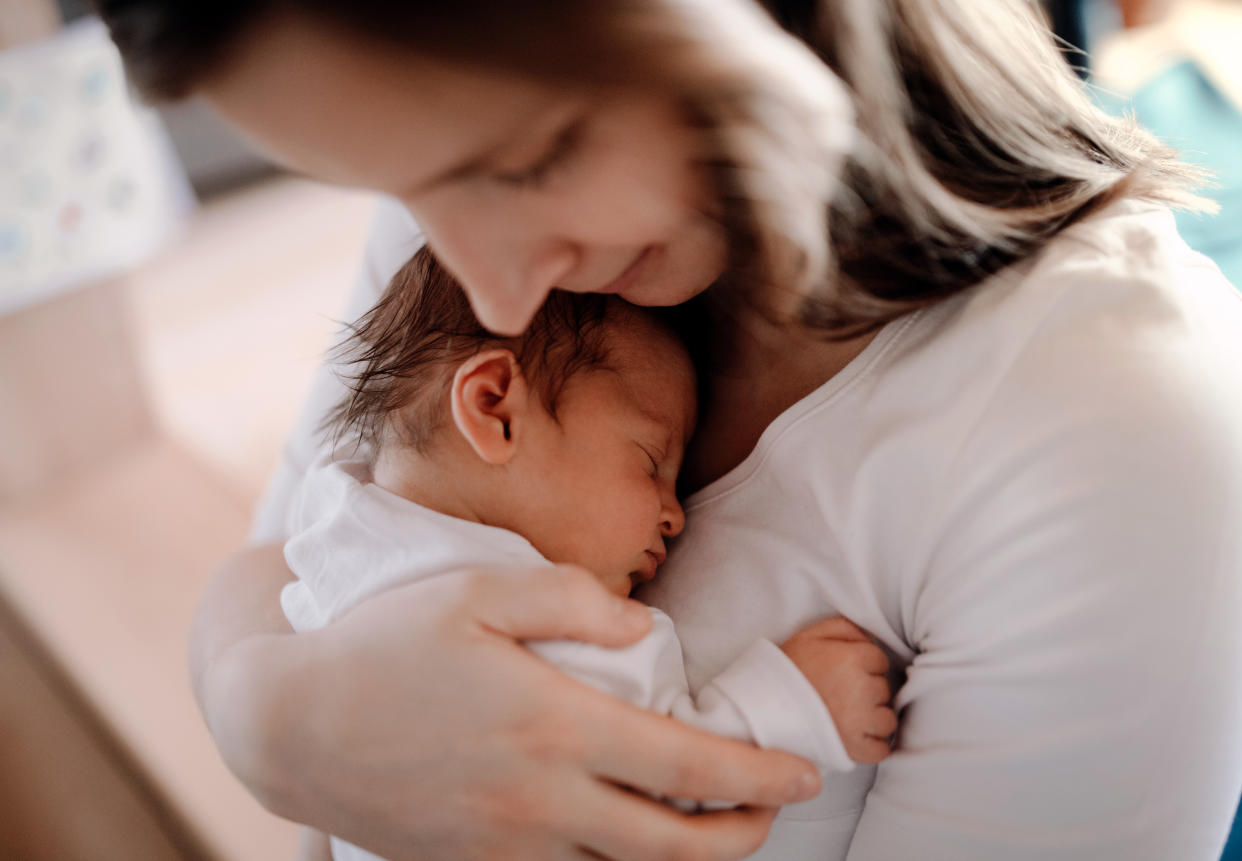Most children ‘will be born to parents who met online’ by 2037

Online daters will take the lead in populating the planet just a decade and a half from now, research has shown.
By 2037, more babies will be born to parents who met online than offline.
Even within the next decade, 40% of babies born will be so-called "e-babies", born to parents who met on the internet.
The research by dating platform eharmony and the Imperial College Business School was made based on eharmony data and current birth rate projections from the Office for National Statistics.
READ MORE
Binary Earth-sized planets possible around distant stars
Insects could die out in ‘worst extinction since the dinosaurs’
NASA satellite captures incredible beauty of UK seen from space
Why Iran’s nuclear escalation goes unchallenged
The data highlights the shifting habits of those looking to meet a partner: around a third (32%) of relationships started between 2015 and 2019 started online, compared to only 19% between 2005 and 2014.
By 2030, it says the UK will reach the "tipping point" that more than 50% of relationships will begin online.
Dr Paolo Taticchi, principal teaching fellow at Imperial College Business School, said: "The digital world has streamlined the online dating process - making it easier to find someone while ensuring that they match your criteria.
"2035 will be an instrumental year for finding love and begin a new era of 21st century dating."
Romain Bertrand, head of marketing at eharmony, said: "It's very positive to see that online dating is set to continue opening doors for singles into the future.
"At eharmony we are consistently updating our site functionality and unique Compatibility Matching System to ensure we remain on the front foot when it comes to creating online relationships.
"What's more, our long-term partnership with Imperial College Business School continues to give us valuable insight into how the world of dating and relationships might look in decades to come and how society will continue to evolve over time."

 Yahoo News
Yahoo News 

